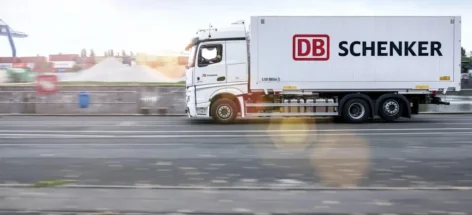19. September 2024
Reading Time: 3
Min.
news
The Rulebook on Amendments to the Rulebook on Electronic Invoicing and the Rulebook on Amendments to the Rulebook on VAT
Dear,
We inform you that the Minister of Finance has adopted the Rulebook on Amendments to the Rulebook on Electronic Invoicing and the Rulebook on Amendments to the Rulebook on VAT which will apply starting 1st of September 2024, except for the provisions related to the presentation of data in the POPDV form and the electronic recording of the previous tax, which will be applied starting with the filing of tax returns for tax periods beginning after 31st of August 2024.
Amendments and additions to the aforementioned regulations refer to:
- Certain VAT taxation rules;
- The method of keeping VAT records and the method of reporting data in the POPDV form;
- The method of electronic recording of calculated VAT;
- New rules for electronic recording of previous tax;
- Rules for issuing electronic invoices.
- Monthly taxpayers for the tax period September – until 10th of October 2024;
- Quarterly taxpayers for the tax period October-December – until 10th of January 2025.





